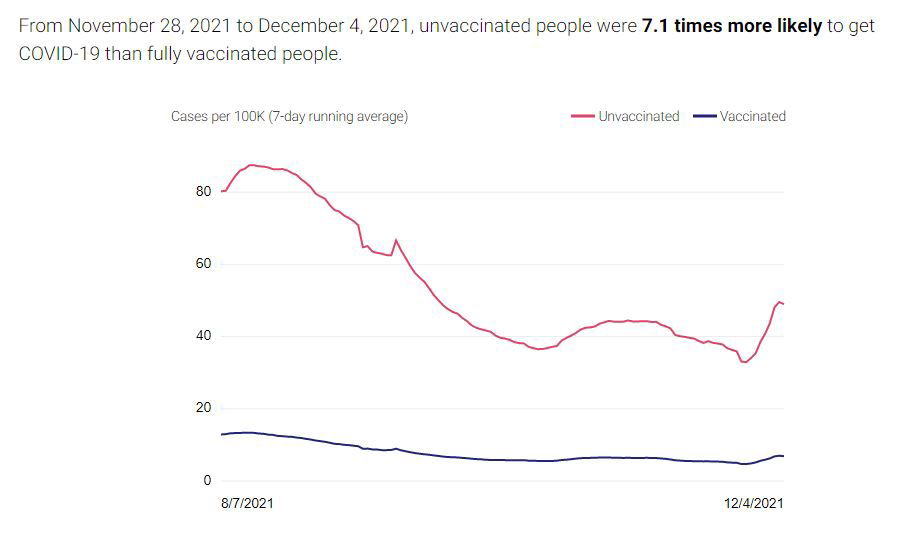California to require healthcare workers to get a COVID booster shot
Gov. Gavin Newsom announced that California will be requiring healthcare workers to get a COVID-19 vaccination booster shot.
Never miss an update: download the News Channel 3 News App here.
Details on the requirements were limited. Newsom said there would be more information available on Wednesday during an official announcement.
CA will require healthcare workers to get their booster.
— Gavin Newsom (@GavinNewsom) December 22, 2021
As the Omicron variant continues to spread -- we’re stepping up efforts to get more people boosted and keep Californians safe.
Tune in tomorrow for more info.pic.twitter.com/6TcqHw4xhI
Newsom is set to make his announcements Wednesday at 10:40 a.m. You can watch live on our special events livestream page.
California already requires all healthcare workers to be fully vaccinated. This mandate went into effect on Sept. 30.
The original mandate included physicians, nurses, technicians, janitors, and other workers in hospitals, dialysis centers, doctor’s offices, nursing homes, and substance abuse centers. Last month, that was expanded to in-home, hospice, disability center and senior center health care workers.
Booster shot requirements are beginning to spread in the state. On Tuesday, University of California President Dr. Michael Drake sent a letter to all 10 chancellors in the UC system, saying COVID vaccine booster shots will be required for students, faculty, and staff.
"Under existing UC policy, students, faculty, and staff are required to keep their vaccination status up to date," Drake wrote. "The policy mandates COVID-19 boosters for those who are eligible."
In the Silicon Valley, the mayor of San Jose has proposed requiring booster shots for all city employees, as a condition of employment, and residents or visitors that enter city-owned facilities. If the proposal passes the City Council vote, San Jose could become the first city in California with such a mandate.
The Omicron Covid-19 variant is now the most dominant strain in the United States, accounting for more than 73% of new COVID-19 cases less than three weeks after the first was reported, according to estimates posted by the U.S. Centers for Disease Control and Prevention.

Stay with News Channel 3 for continuing updates.

You can reach the newsroom through SHARE@KESQ.com.